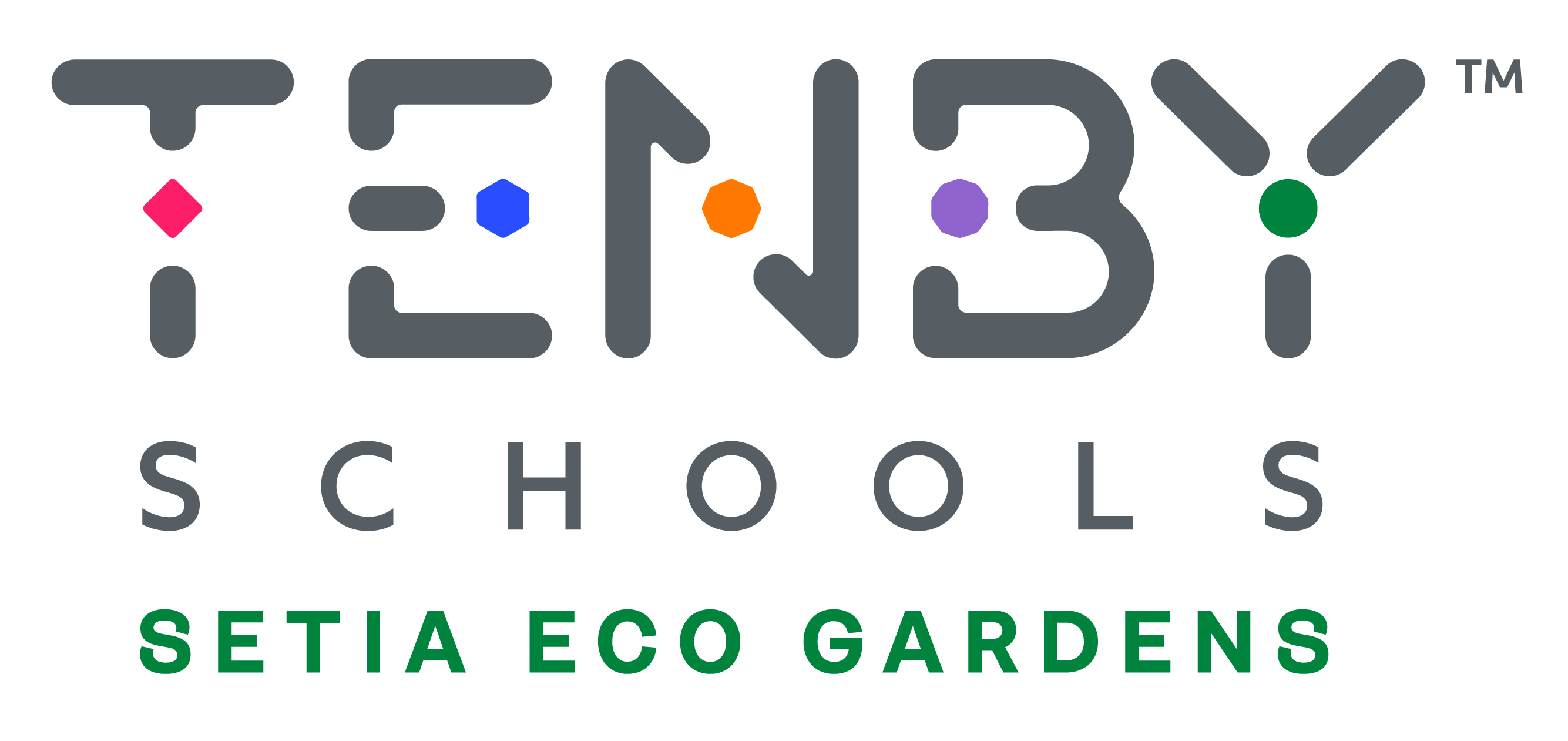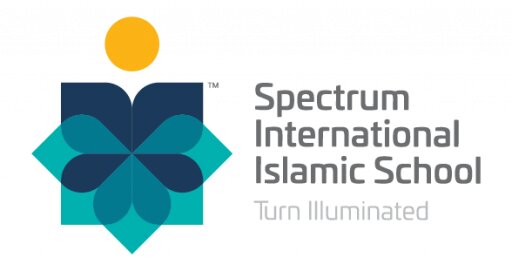Special Educational Needs (SEN) refers to the educational needs of children who have learning difficulties, disabilities, or challenges that require additional help and resources in order for them to study effectively. SEN can refer to a child’s physical, emotional or behavioural issues that call for particular instruction or tools to assist the child achieve their full potential.
 Credit Image: iStock
Credit Image: iStock
Types of Special Educational Needs
SEN is a broad term that encompasses a range of conditions that require additional support and assistance to ensure that students with special needs can optimise their capabilities. Here are some common types of special needs in education:
1. Attention Deficit Hyperactivity Disorder (ADHD)
ADHD is a neurodevelopmental disorder that affects a student’s ability to focus and control his behaviour. Students with ADHD may struggle with impulsivity, distractions, and hyperactivity.
2. Autism Spectrum Disorder
Autism spectrum disorder is a neurological disorder that affects a person’s ability to communicate, socialise and interact with others. Students with this disorder may also have repetitive behaviours or interests such as hand flapping, rocking back and forth or repeating phrases or words.
3. Dyslexia
Dyslexia is a neurological condition that affects reading and writing abilities. Students with dyslexia may experience difficulty in the following areas: recognising letters and words, spelling, reading fluently, and understanding written text.
4. Dyscalculia
Dyscalculia is a neurological condition that affects a person’s ability to understand and work with numbers. Students with dyscalculia may have difficulty with basic arithmetic, telling time, and understanding mathematical concepts.
5. Dysgraphia
Dysgraphia is a neurological condition that affects a person’s ability to write. Students with dysgraphia may have difficulty with handwriting, spelling, and organising their thoughts in written form.
6. Physical Disabilities
Physical disabilities include conditions that affect a student’s mobility such as muscular dystrophy and cerebral palsy.
7. Sensory Disabilities
Sensory disabilities refer to the conditions that affect the ability of the student to receive, process or interpret information through their senses. The two most common types of sensory disabilities are visual impairment and hearing impairment. Other types of sensory disabilities include tactile impairment and olfactory impairment.
 Credit Image: iStock
Credit Image: iStock
How to Help Children with Special Educational Needs
Children with special educational needs require additional assistance and attention in order to carry out specific tasks. Here are some ways to help children with special educational needs:
1. Understand their needs
To be able to help children with special educational needs, it’s essential to understand the specific challenges they face. This means taking the time to learn about their disability or learning difficulty, and how it impacts their learning and behaviour.
2. Create a supportive environment
Children with special educational needs thrive in a supportive and nurturing environment. This includes providing a comfortable and safe physical environment, as well as an emotionally positive and encouraging atmosphere. It’s important to establish a routine and structure that supports the child’s learning and development.
3. Use visual aids
Visual aids can be particularly useful for children who have difficulty processing verbal information. Visual aids such as pictures, diagrams, and charts can help children with special educational needs to better understand and remember information.
4. Break down tasks
Children with special educational needs may find it challenging to complete complex tasks. Breaking down tasks into smaller, more manageable steps can help the child feel less overwhelmed and increase their confidence.
5. Use different teaching methods
Children with special educational needs learn in different ways. Therefore, it’s essential to use a variety of teaching methods such as hands-on activities, visual aids, and audio instructions to help them learn more effectively.
6. Seek professional support
Additional support may be necessary to help children with special educational needs. This may involve seeking help from a specialist such as an educational psychologist or speech therapist. These forms of support can provide further guidance on how to help the child with their specific needs.
 Credit Image: iStock
Credit Image: iStock
Which International School Provides This Support
In recent years, international schools are increasingly recognising the value of inclusive education; and the need to provide inclusive learning opportunities for all students. Here are some international schools in Malaysia that provide SEN support.

1. The International School of Kuala Lumpur (ISKL)
Located in Ampang Hilir, ISKL provides Life-Centered Education (LCE) for their students who have significant intellectual, learning, or developmental differences. The LCE set is designed based on each student’s needs in an inclusive setting. Each student has his own plan and is monitored closely. The school is equipped with trained teachers and classrooms to support the student’s learning.

2. Sri KDU International School
Sri KDU International School in Subang Jaya provides an Individual Education Plan (IEP) curated and moderated by trained teachers and external therapists for students who require moderate additional support. The student’s IEP will consider both their strengths and challenges, allowing them to use their strengths to get over their challenges.
Located in Subang, Asia Pacific Schools have prepared a SEN department staffed with specialist(s) and teachers with experience in helping children with special learning needs. The aim is to ensure that students are able to transition into regular school life by having their performance regularly assessed and taking into account other contributing factors that may have an impact on their learning.

4. Tenby Schools Setia EcoHill
The Learning Centre (TLC) in Tenby Schools Setia EcoHill is equipped with a student support hub on campus and is staffed with specialist teachers providing necessary guidance with the appropriate teaching aids and technology. Each child is required to take a cognitive test upon joining the school to allow the teachers to determine if the child requires further learning support and if so, of what kind, and then to create a learning plan suited to his needs.

5. Etonhouse Malaysia International School (EHM)
EHM seeks and provides access to appropriate education for all their learners, helping them discover their strengths and weaknesses with a view to enhance learning. Upon registration, students will be assessed through an interview to identify if any of them has any learning delays or gifted abilities. On the basis of the interview, the school will determine if they need to curate a personalised learning plan for the students involved and will monitor their progress through continuous assessment.

EAL and Special Needs trained (ELL) teachers at Nexus International School co-plan the student’s lessons to support the delivery of differentiated learning experiences. Students who need SEN support follow their personalised learning assistants in primary classrooms. This helps them learn on various spectrums taking into account other complex learning needs. As they progress to secondary classes, they follow the Alternative Pathway program that provides assistance for their continual learning.
 Credit Image: iStock
Credit Image: iStock
In conclusion, helping children with special educational needs requires patience, understanding, and a willingness to take measures in response to their unique needs. By creating a supportive and nurturing environment at home, at school and in the outside world, we can help these children scale higher peaks.
If you sense that your child may require special needs support, you should consult with a child development specialist to discuss your concerns and explore your options. Your children’s school may also have resources available to evaluate their needs and provide support, including special education programmes and services. It’s important to seek professional evaluation and support as early as possible to ensure that your child receives the appropriate education and resources to support their learning and development.
Continue reading:
- Everything You Need to Know About Special Educational Needs (SEN)
- How to Get Your Children to Love Math (Even If You Don't!)
- Instilling a Love of Learning in Our Little Ones
- Benefits of Reading to Children
- 6 Educational Experiences to Enjoy with Kids These School Holidays
















![[Straits International School - Penang] February Holiday Programme](https://mint-edm.sgp1.digitaloceanspaces.com/production/lh44hhnPredErEJXPoyTzwPNixA9Oj.jpg)




















